
Lake Naivasha: Kenya's Freshwater Paradise
Nestled in the Great Rift Valley, Lake Naivasha is a stunning freshwater lake that offers a tranquil escape into nature's beauty. This enchanting destination is surrounded by lush greenery and teems with diverse wildlife, making it a haven for nature lovers and bird watchers alike. The lake's serene waters are perfect for boat rides, where you can float past hippos wallowing in the shallows and spot a variety of bird species, including the iconic African fish eagle. Lake Naivasha is not just about the water; the surrounding area is rich with activities and sights. Hell’s Gate National Park, located nearby, offers unique experiences such as hiking, rock climbing, and cycling through dramatic landscapes. The park is also home to geothermal hot springs and a plethora of wildlife, including zebras, giraffes, and buffalo. For a more relaxed experience, visit the Crescent Island Game Sanctuary, where you can enjoy guided walks amidst free-roaming animals. The lake area also boasts several charming lodges and campsites, providing perfect spots to unwind and soak in the stunning sunsets over the water. The local flower farms add a splash of color to the scenery, and visiting one offers insight into the region's thriving horticulture industry. Whether you're seeking adventure or relaxation, Lake Naivasha promises an unforgettable experience in the heart of Kenya.
Local tips in Lake Naivasha
- Bring binoculars for bird watching; the lake is a bird lover's paradise.
- Visit early in the morning or late afternoon for the best wildlife sightings.
- Carry insect repellent to stay comfortable during your visit.
- Hire a local guide for a more informative and safe experience, especially in parks.
- Don't miss a boat ride on the lake to see hippos and diverse bird species up close.
- Wear comfortable walking shoes if you plan to explore Hell’s Gate National Park.
Lake Naivasha: Kenya's Freshwater Paradise
Nestled in the Great Rift Valley, Lake Naivasha is a stunning freshwater lake that offers a tranquil escape into nature's beauty. This enchanting destination is surrounded by lush greenery and teems with diverse wildlife, making it a haven for nature lovers and bird watchers alike. The lake's serene waters are perfect for boat rides, where you can float past hippos wallowing in the shallows and spot a variety of bird species, including the iconic African fish eagle. Lake Naivasha is not just about the water; the surrounding area is rich with activities and sights. Hell’s Gate National Park, located nearby, offers unique experiences such as hiking, rock climbing, and cycling through dramatic landscapes. The park is also home to geothermal hot springs and a plethora of wildlife, including zebras, giraffes, and buffalo. For a more relaxed experience, visit the Crescent Island Game Sanctuary, where you can enjoy guided walks amidst free-roaming animals. The lake area also boasts several charming lodges and campsites, providing perfect spots to unwind and soak in the stunning sunsets over the water. The local flower farms add a splash of color to the scenery, and visiting one offers insight into the region's thriving horticulture industry. Whether you're seeking adventure or relaxation, Lake Naivasha promises an unforgettable experience in the heart of Kenya.
When is the best time to go to Lake Naivasha?
Iconic landmarks you can’t miss
Lake Naivasha Sopa Resort
Experience luxury and nature at Lake Naivasha Sopa Resort, a tranquil getaway in Kenya's stunning landscape, perfect for relaxation and adventure.

Lake Naivasha Crescent Camp
Explore the beauty of Lake Naivasha at Crescent Camp, an ideal retreat for families and nature enthusiasts, offering adventure and relaxation in a stunning setting.
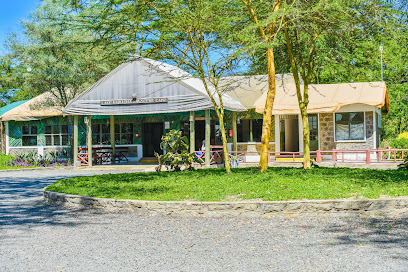
Lake Naivasha Simba Lodge
Discover the tranquility of Lake Naivasha Simba Lodge, where nature meets luxury in a stunning lakeside setting.

Fisherman's Camp
Experience the natural beauty and family-friendly atmosphere of Fisherman's Camp at Lake Naivasha, the perfect destination for unforgettable camping adventures.

Crescent Island Game Sanctuary
Experience the unmatched beauty and wildlife of Crescent Island Game Sanctuary in Naivasha, Kenya, a top destination for nature lovers and adventurers.
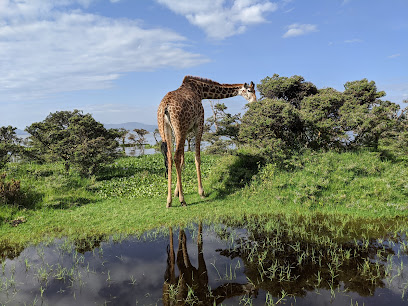
Loldia House
Discover the tranquil beauty of Loldia House, a charming lodge near Lake Naivasha, where nature meets luxury for an unforgettable getaway.
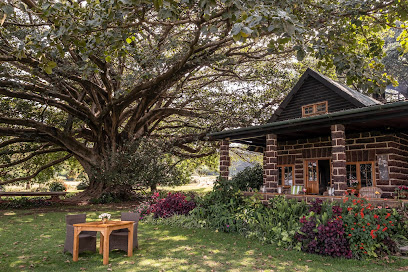
Acacia Campsite Sanctuary Farm
Discover the serene beauty of Acacia Campsite Sanctuary Farm - a tranquil getaway nestled in the heart of Kenya's stunning landscapes.
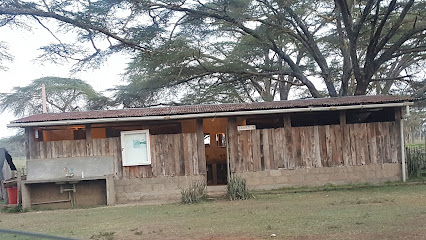
Watamu Boat Rides Naivasha
Experience the serene beauty of Lake Naivasha with Watamu Boat Rides, where nature and adventure come together in perfect harmony.
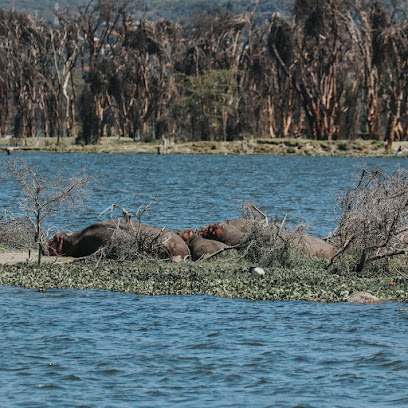
Elsamere Conservation Centre
Experience the tranquility and rich wildlife heritage at Elsamere Conservation Centre, a unique retreat on the shores of Lake Naivasha.
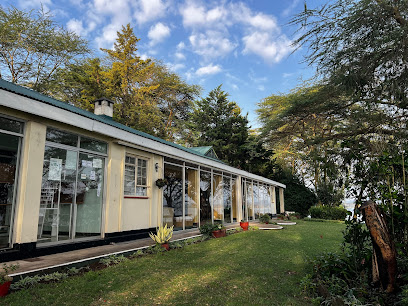
Lake Oloidien
Explore the tranquil beauty of Lake Oloidien, a nature preserve teeming with wildlife and stunning landscapes perfect for relaxation and adventure.
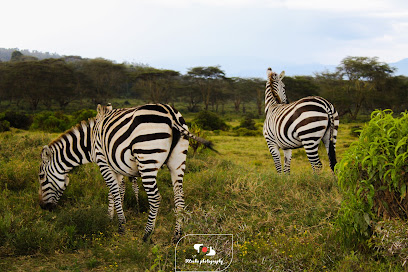
Unmissable attractions to see
Lake Nakuru National Park
Experience the stunning beauty and rich wildlife of Lake Nakuru National Park, a UNESCO World Heritage site teeming with diverse flora and fauna.
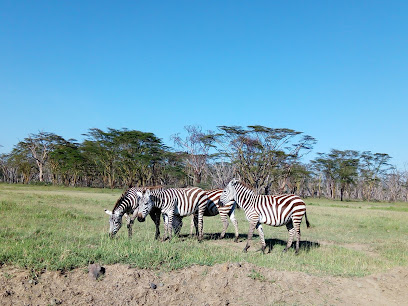
Oloiden Camp
Discover the serene beauty of Oloiden Camp, where nature meets tranquility on the shores of Lake Oloiden in Kongoni, Kenya.
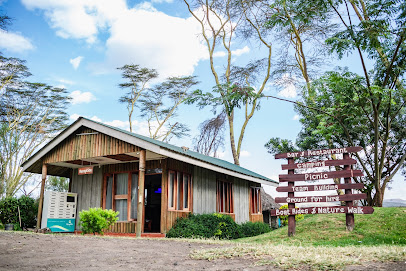
Naivasha West Beach Camp
Experience the serene beauty of Lake Naivasha at Naivasha West Beach Camp, the ideal escape for nature lovers and adventure seekers alike.
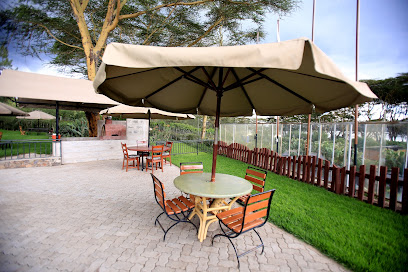
Green Park Golf And Country Complex
Explore the tranquility of Green Park Golf And Country Complex, a picturesque retreat in Naivasha, perfect for golf lovers and nature enthusiasts alike.
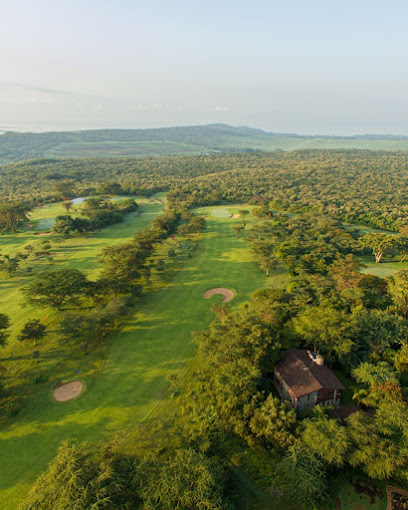
lake Oloiden Flamingo Camp
Discover the serene beauty of Lake Oloiden Flamingo Camp, a perfect nature retreat for birdwatching and exploration in Kenya.
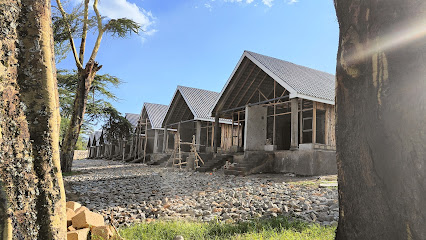
Camp Jaza
Discover the serenity of Camp Jaza, a premier campground in Naivasha, where nature meets adventure in a stunning landscape.
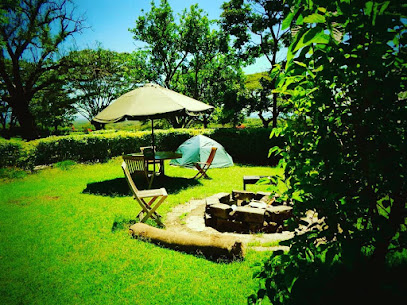
Malewa Bush Ventures
Discover the beauty of Kenya at Malewa Bush Ventures, where adventure meets tranquility in the heart of nature.
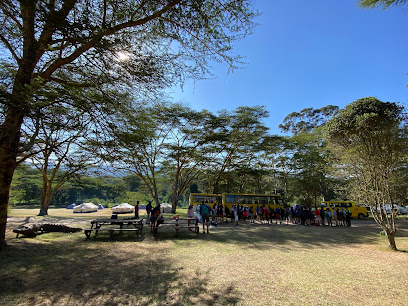
Longonot Volcano crater
Discover the stunning Longonot Volcano Crater – a hiker’s paradise in Nakuru, offering breathtaking views and an unforgettable adventure in Kenya's Great Rift Valley.
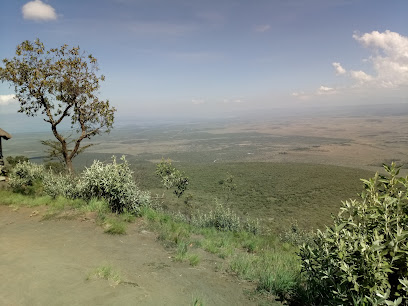
Fischers Tower
Explore the thrilling heights of Fischers Tower in Nakuru, a premier destination for rock climbing and nature photography, surrounded by stunning landscapes.
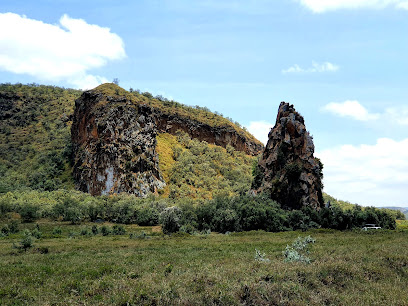
Lake Oloidien
Explore the breathtaking beauty and tranquility of Lake Oloidien, a hidden gem in Kongoni, perfect for nature lovers and adventure seekers.
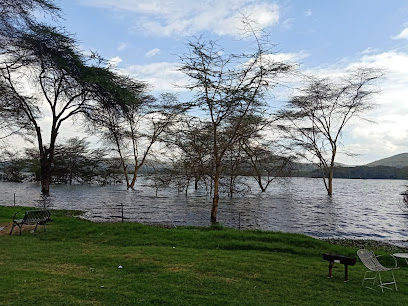
Batemans Green Park
Experience the tranquility of Batemans Green Park in Kasarani, a lush retreat perfect for relaxation, picnics, and outdoor activities.
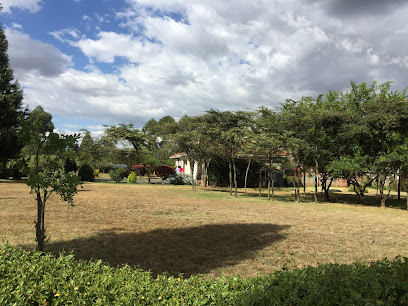
Crater lake camp
Experience the natural beauty and tranquility of Crater Lake Camp in Nakuru, a perfect getaway for nature lovers and adventure seekers alike.
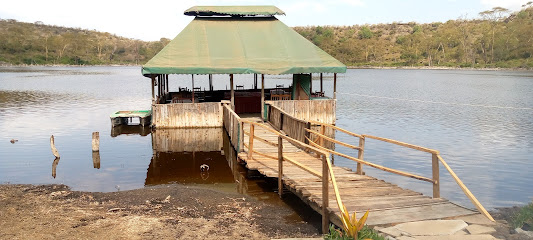
Kariandusi Hot Springs
Experience the healing powers of nature at Kariandusi Hot Springs in Kanyawa, a tranquil retreat for relaxation and exploration.
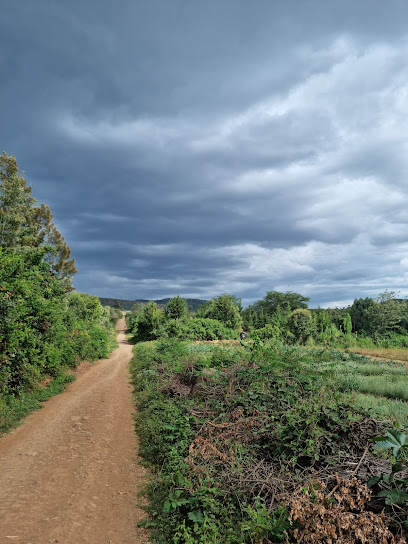
Elwai Centre Cottages, Wood Cabins, Picnic and Serviced Campsite
Experience the serene beauty of Naivasha at Elwai Centre, featuring cozy cottages, wood cabins, and a picturesque campsite for nature lovers.
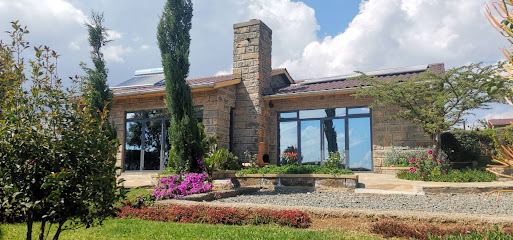
Oserengoni Wildlife Sanctuary
Explore Oserengoni Wildlife Sanctuary, a breathtaking nature preserve in Kenya, home to diverse wildlife and stunning landscapes perfect for adventure.
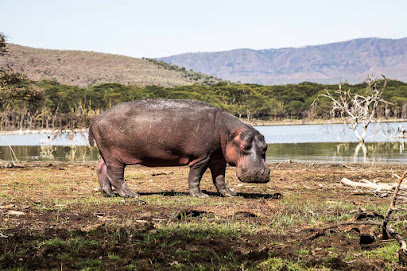
Essential places to dine
Java House
Experience the flavors of Kenya at Java House in Naivasha - where great food meets warm hospitality.
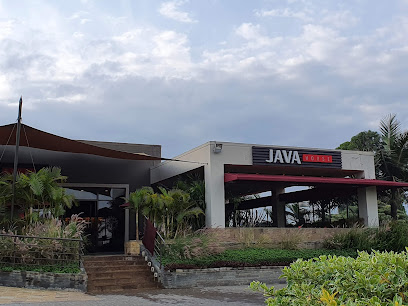
Lake Naivasha Country Club
Discover tranquility at Lake Naivasha Country Club - where luxury meets nature's beauty amidst breathtaking landscapes.

Mother's Kitchen Café
Experience authentic Kenyan cuisine at Mother's Kitchen Café in Naivasha – where home-cooked flavors meet warm hospitality.
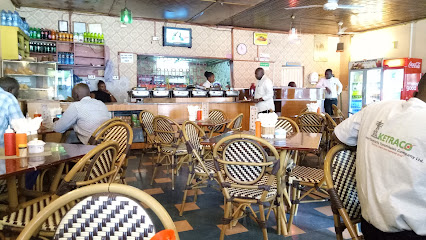
Njambi's Hotel Naivasha
Experience authentic Kenyan cuisine at Njambi's Hotel Naivasha – where delicious flavors meet warm hospitality.
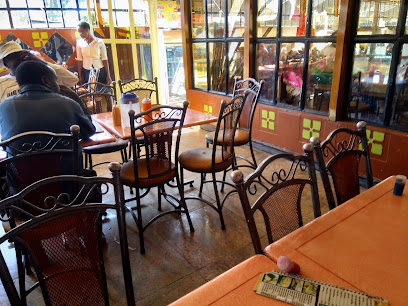
Ranch House Bistro
Discover the flavors of Kenya at Ranch House Bistro, where local ingredients meet culinary creativity in an inviting atmosphere.
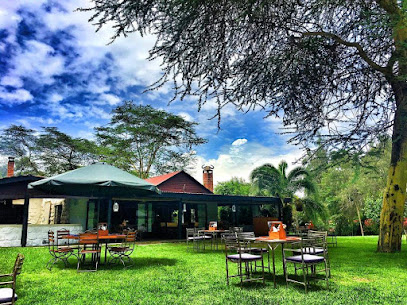
Matteo's Italian restaurant and bar
Indulge in authentic Italian cuisine at Matteo's Italian Restaurant and Bar in Karagita - where every meal feels like a vacation.
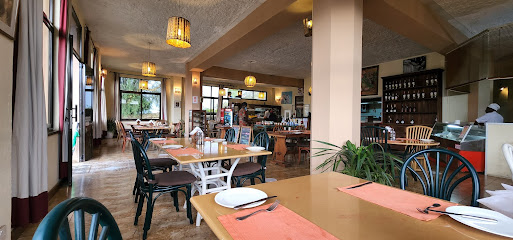
LEYIAN Grills Naivasha
Experience authentic grilling delights at LEYIAN Grills Naivasha - where every meal is crafted with passion and served with care.
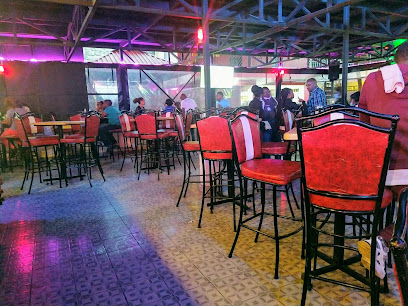
Fisherman's Camp Restaurant
Experience delightful dining at Fisherman's Camp Restaurant with stunning lake views and fresh local cuisine in Naivasha.
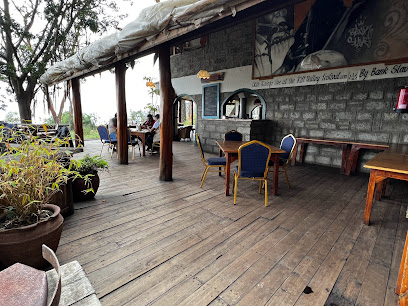
Jikoniz Grill Nyama choma
Discover authentic Kenyan flavors at Jikoniz Grill Nyama Choma – a top destination for grilled delicacies in Naivasha.
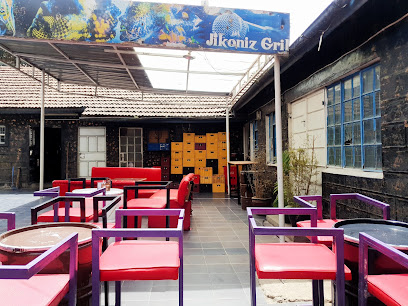
Urban Dining
Discover Urban Dining in Naivasha: where local flavors meet international cuisine in a cozy yet elegant setting.
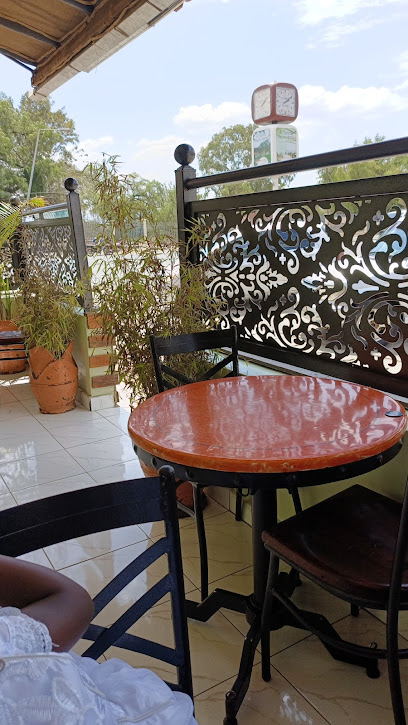
The Bancie Restaurant Ltd. Naivasha
Experience authentic Kenyan cuisine at The Bancie Restaurant in Naivasha with stunning views of Lake Naivasha.
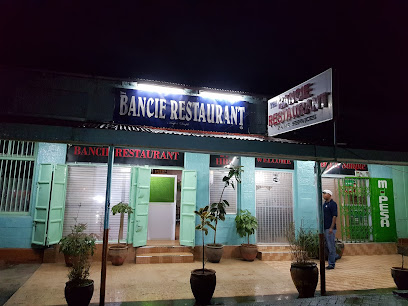
Kijiko
Discover Kijiko - A Family-Friendly Restaurant Offering Authentic Kenyan Cuisine Amidst Breathtaking Natural Beauty.
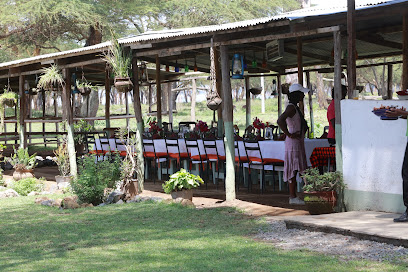
Grand Cafe
Discover delicious fast food at Grand Cafe in Naivasha - your perfect pitstop for tasty bites amidst scenic beauty.
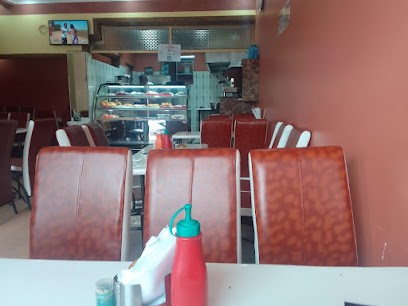
Crayfish Restaurant Naivasha
Experience authentic African cuisine at Crayfish Restaurant Naivasha amidst stunning natural beauty.
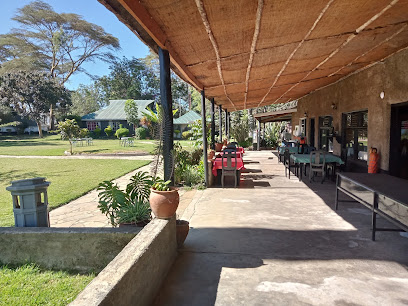
pho shizzle restaurant
Experience the vibrant flavors of Kenya at Pho Shizzle Restaurant in Naivasha - where every meal tells a story.
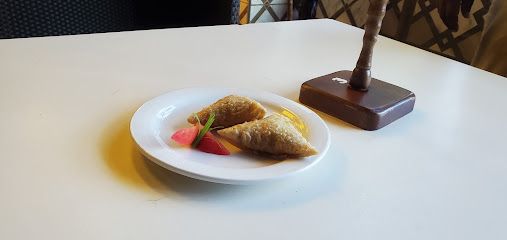
Markets, malls and hidden boutiques
Vitenge Naivasha
Discover unique fashion treasures at Vitenge Naivasha, where local culture meets contemporary style in the heart of Kenya.
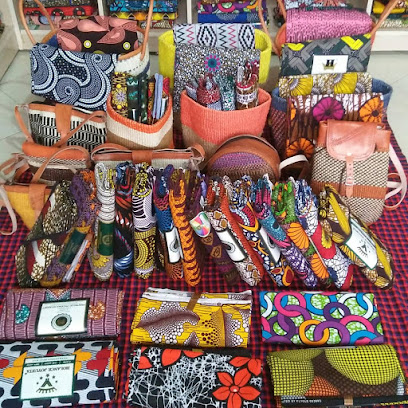
Think Twice Second Hand Clothes - Naivasha
Explore sustainable fashion at Think Twice in Naivasha, offering a diverse range of affordable second-hand clothing and unique vintage finds.
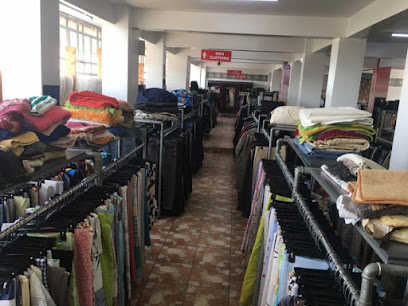
BIGBOYZ_ESSENTIALS
Discover the latest fashion accessories at BIGBOYZ_ESSENTIALS, where style meets affordability in a vibrant shopping atmosphere.
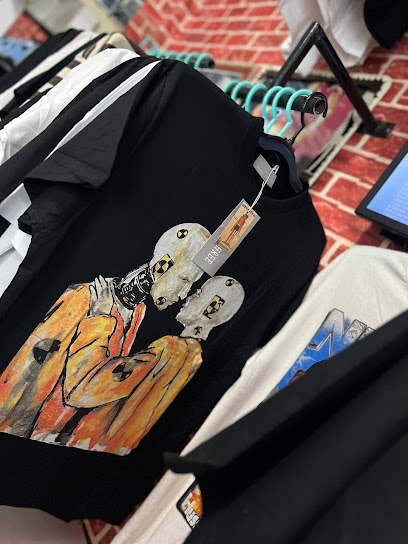
Meli-Kings
Discover unique fashion at Meli-Kings, Naivasha's premier clothing store offering stylish apparel and local flair.
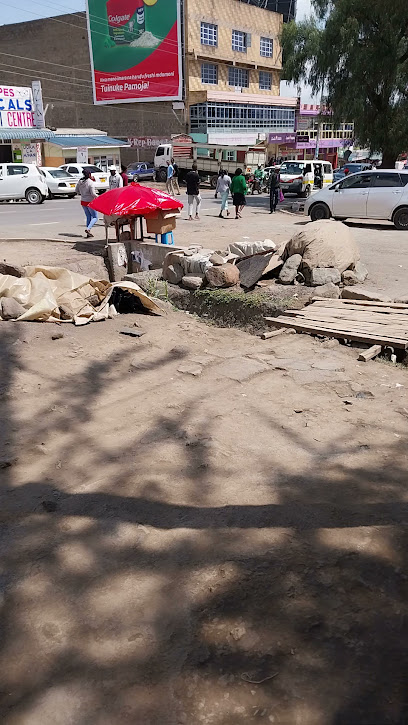
JuNNjoe Curio Shop
Discover unique gifts and handcrafted treasures at JuNNjoe Curio Shop in Naivasha, a must-visit for authentic Kenyan souvenirs.
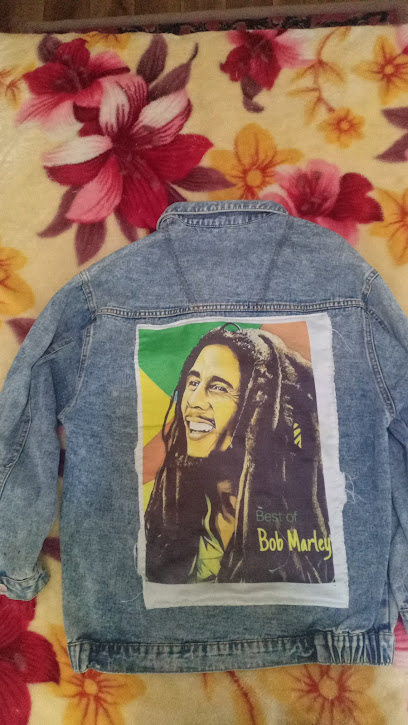
MILIMANI STORES
Explore the vibrant local culture and unique crafts at Milimani Stores, a must-visit shopping destination in Naivasha, Kenya.
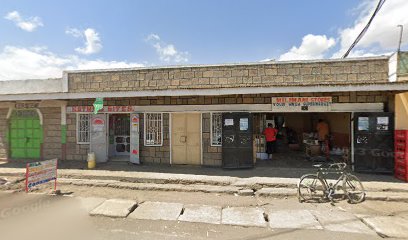
GRASMO BOUTIQUE @ Naivasha
Explore the vibrant styles of Kenyan fashion at GRASMO Boutique in Naivasha, a must-visit destination for unique clothing and local craftsmanship.
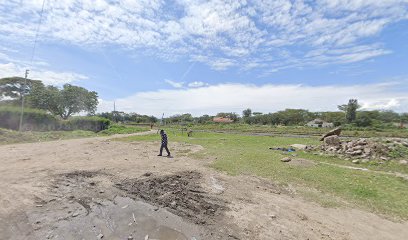
Gift Boutique
Explore the Gift Boutique in Naivasha for unique handcrafted treasures and authentic Kenyan souvenirs that embody the spirit of local artistry.
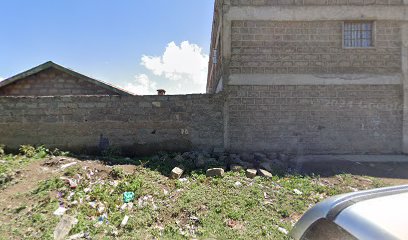
UniqToiz Baby Shop
Discover fashionable baby clothing and accessories at UniqToiz Baby Shop in Naivasha's Dubai Market, blending quality and style for your little ones.

Mugeka furniture shop
Discover unique Kenyan craftsmanship at Mugeka Furniture Shop in Naivasha, where art meets functionality in exquisite furniture and decor.
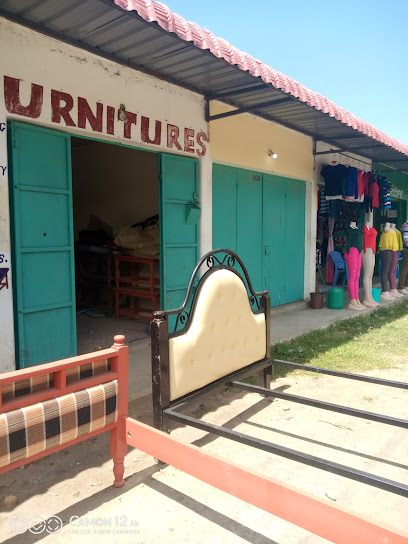
King & Queens Boutique
Explore the vibrant fashion scene at King & Queens Boutique in Naivasha, where local culture meets contemporary style in a chic clothing store.
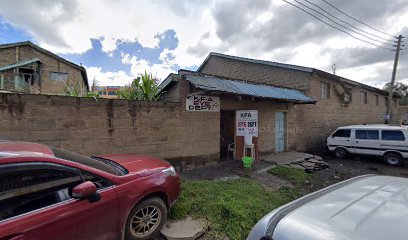
Paradise Boutique
Explore unique fashion at Paradise Boutique in Naivasha, where local trends meet global style for a shopping experience like no other.
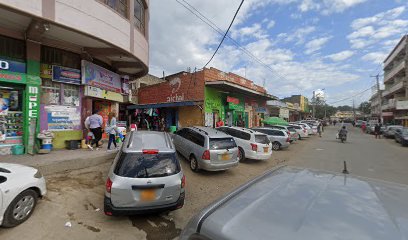
Viva Boutique
Discover unique fashion at Viva Boutique, Naivasha's premier clothing store showcasing local designs and vibrant styles.
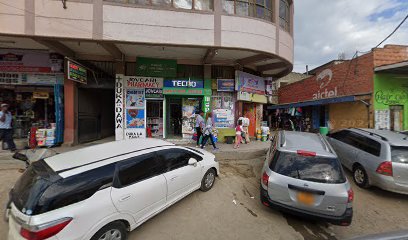
Equity Boutique
Explore Equity Boutique in Naivasha for a unique shopping experience with stylish clothing and accessories that reflect local culture.
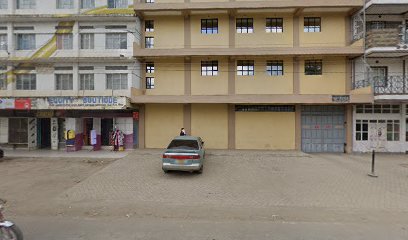
Pyramid Boutique
Discover unique clothing and accessories at Pyramid Boutique in Naivasha, where local culture meets modern fashion trends.
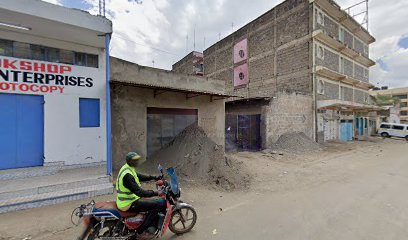
Essential bars & hidden hideouts
Jikoniz Grill Nyama choma
Experience authentic Kenyan Nyama Choma at Jikoniz Grill in Naivasha, where flavors meet culture in a lively atmosphere.
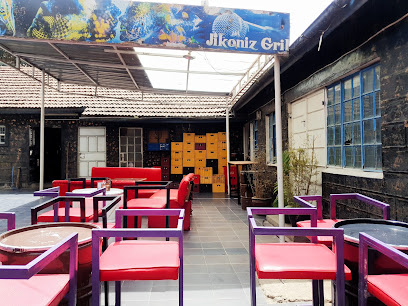
Skylux Club Naivasha
Experience the vibrant nightlife at Skylux Club Naivasha, where music, drinks, and a lively atmosphere come together for an unforgettable evening.
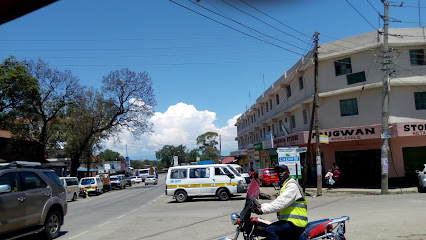
Vatcan Lounge
Savor the flavors of local and international cuisine at Vatcan Lounge, a premier grill restaurant in Naivasha, perfect for every food lover.
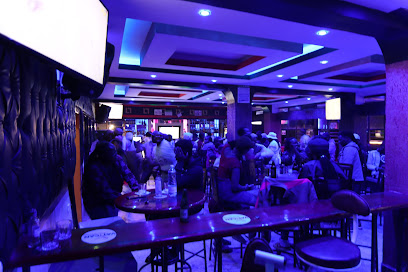
Acacia Grill & Club
Experience the vibrant ambiance of Acacia Grill & Club in Naivasha, where delightful drinks and good company await in a cozy setting.
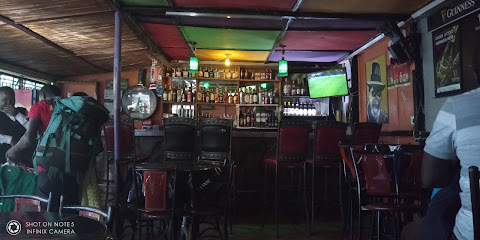
Place Carnival Pub
Experience the vibrant atmosphere of Place Carnival Pub in Naivasha, where great food, drinks, and entertainment come together for an unforgettable night.
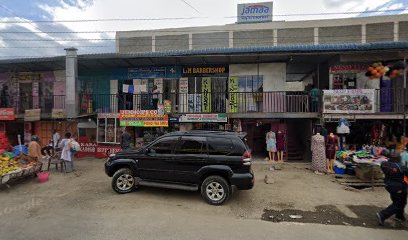
MOJITOS NIGHT CLUB NAIVASHA...
Discover the exhilarating nightlife at Mojitos Night Club, Naivasha – where delicious grills meet vibrant entertainment in a lively setting.
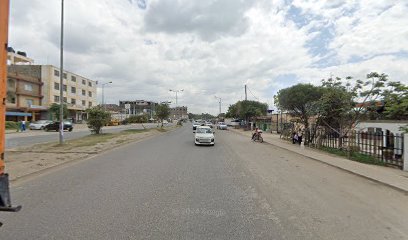
Lips Lounge
Experience the vibrant nightlife of Naivasha at Lips Lounge, where exquisite drinks and lively entertainment await every visitor.
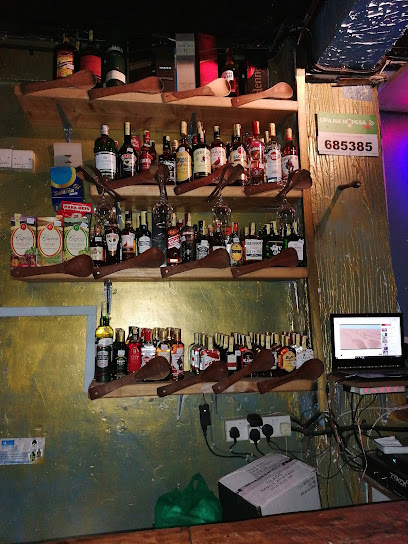
Marangi Bar
Discover the vibrant atmosphere of Marangi Bar in Naivasha, where relaxation meets local flavors amidst stunning landscapes.
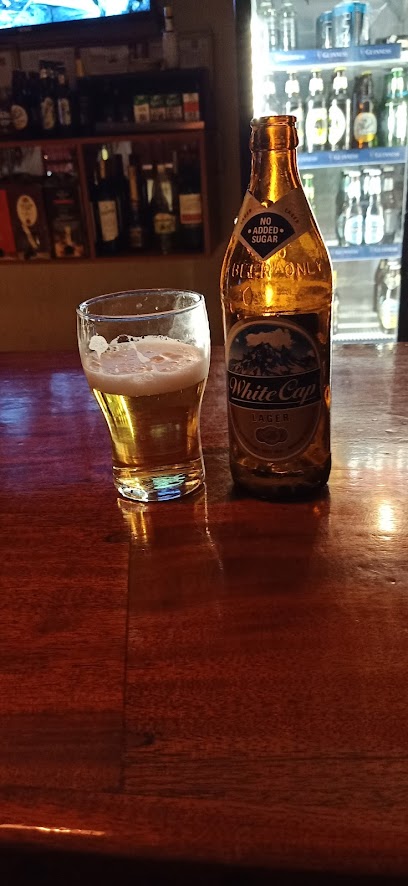
Orchid Pub
Experience the vibrant atmosphere of Orchid Pub in Naivasha, where local culture and hospitality come alive in a relaxed setting.
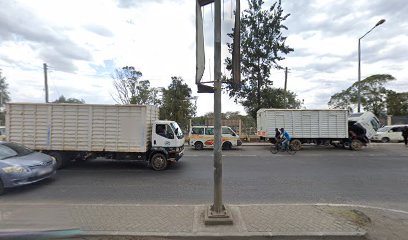
Corner Bar
Discover the vibrant nightlife at Corner Bar in Naivasha, Kenya, where drinks flow and good times abound in a lively atmosphere.
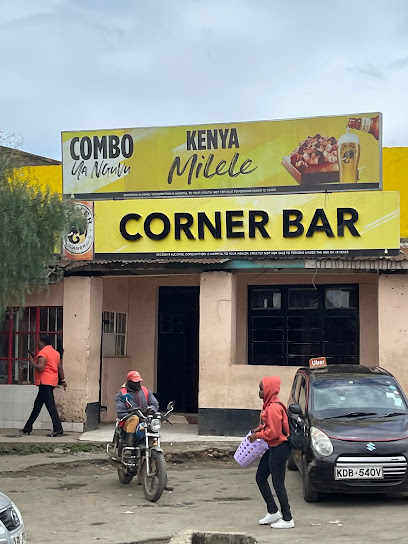
Pub Royale
Discover the vibrant nightlife at Pub Royale, a beloved pub in Naivasha, offering delightful drinks and a warm atmosphere for all visitors.
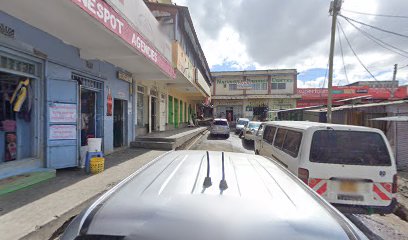
Zebra Bar
Experience the vibrant atmosphere of Zebra Bar in Naivasha, where locals and tourists come together to enjoy refreshing drinks and live entertainment.
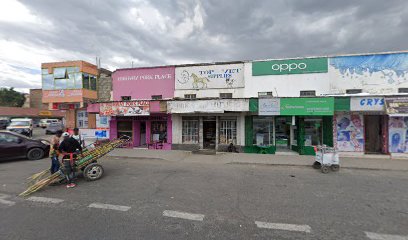
TARAYEEZ BAR AND GRILL
Experience the vibrant nightlife at Tarayeez Bar and Grill in Naivasha, where delicious food meets refreshing drinks in a lively atmosphere.
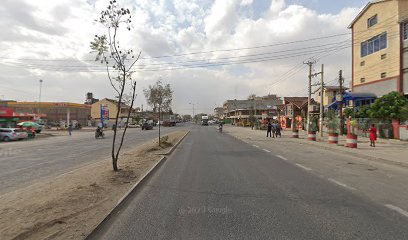
Suncity Bar
Experience the vibrant atmosphere of Suncity Bar in Naivasha, where refreshing drinks and local culture blend seamlessly for an unforgettable night out.
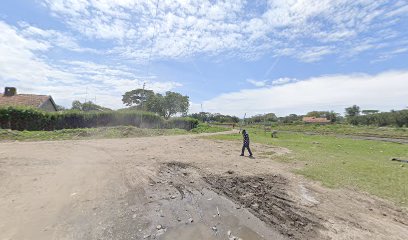
Local Phrases about Lake Naivasha
-
- HelloJambo
[jahm-boh] - GoodbyeKwaheri
[kwah-heh-ree] - YesNdiyo
[nn-dee-yoh] - NoHapana
[hah-pah-nah] - Please/You're welcomeTafadhali
[tah-fah-dah-lee] - Thank youAsante
[ah-sahn-teh] - Excuse me/SorrySamahani
[sah-mah-hah-nee] - How are you?U hali gani?
[oo hah-lee gah-nee] - Fine. And you?Salama. Na wewe?
[sah-lah-mah. nah weh-weh] - Do you speak English?Unasema Kiingereza?
[oo-nah-seh-mah kee-in-geh-reh-zah] - I don't understandSiwezi kuelewa
[see-weh-zee koo-eh-leh-wah]
- HelloJambo
-
- I'd like to see the menu, pleaseNingependa kuona menyu, tafadhali
[nee-ngeh-pehn-dah koo-oh-nah meh-nyoo, tah-fah-dah-lee] - I don't eat meatMimi si kula nyama
[mee-mee see koo-lah n-yah-mah] - Cheers!Mambo!
[mahm-boh] - I would like to pay, pleaseNingependa kulipa, tafadhali
[nee-ngeh-pehn-dah koo-lee-pah, tah-fah-dah-lee]
- I'd like to see the menu, pleaseNingependa kuona menyu, tafadhali
-
- Help!Saidia!
[sah-ee-dee-ah] - Go away!Nenda zako!
[nen-dah zah-koh] - Call the Police!Piga simu polisi!
[pee-gah see-moo poh-lee-see] - Call a doctor!Piga simu daktari!
[pee-gah see-moo dahk-tah-ree] - I'm lostNimepotea
[nee-meh-poh-teh-ah] - I'm illNinaumwa
[nee-nah-oom-wah]
- Help!Saidia!
-
- I'd like to buy...Ningependa kununua...
[nee-ngeh-pehn-dah koo-noo-noo-wah] - I'm just lookingNinaangalia tu
[nee-nah-ahn-gah-lee-ah too] - How much is it?Bei ni kiasi gani?
[beh-ee nee kyah-see gah-nee] - That's too expensiveHiyo ni ghali sana
[hee-yoh nee gah-lee sah-nah] - Can you lower the price?Unaweza kushusha bei?
[oo-nah-weh-zah koo-shoo-shah beh-ee]
- I'd like to buy...Ningependa kununua...
-
- What time is it?Saa ngapi?
[sah-ah ngah-pee] - It's one o'clockSaa moja
[sah-ah moh-jah] - Half past (10)Nusu ya kumi
[noo-soo yah koo-mee] - MorningAsubuhi
[ah-soo-boo-hee] - AfternoonMchana
[m-chah-nah] - EveningJioni
[joh-ee-nee] - YesterdayJana
[jah-nah] - TodayLeo
[leh-oh] - TomorrowKesho
[keh-shoh] - 1Moja
[moh-jah] - 2Mbili
[mm-bee-lee] - 3Tatu
[tah-too] - 4Nne
[nn-neh] - 5Tano
[tah-noh] - 6Sita
[see-tah] - 7Saba
[sah-bah] - 8Nane
[nah-neh] - 9Tisa
[tee-sah] - 10Kumi
[koo-mee]
- What time is it?Saa ngapi?
-
- Where's a/the...?Iko wapi...?
[ee-koh wah-pee] - What's the address?Anuani ni ipi?
[ah-noo-ah-nee nee ee-pee] - Can you show me (on the map)?Unaweza kunionyesha (kwenye ramani)?
[oo-nah-weh-zah koo-nee-oh-nyeh-shah kweh-neh rah-mah-nee] - When's the next (bus)?Ni lini ijayo (basi)?
[nee lee-nee ee-jah-yoh bah-see] - A ticket (to ....)Tiketi (kwenda ....)
[tee-keh-tee kwehn-dah]
- Where's a/the...?Iko wapi...?
History of Lake Naivasha
-
Long before colonial influences, the Lake Naivasha area was inhabited by the Maasai people, who referred to it as 'Nai’posha', meaning 'rough water' due to the sudden storms that can arise on the lake. The Maasai used the lake and its surrounding fertile lands for grazing their cattle and as a reliable water source.
-
In the late 19th century, European explorers and settlers arrived in the region. The British colonial government established farms around the lake, taking advantage of its fertile soil and abundant water supply. The construction of the Uganda Railway in the early 1900s further facilitated access to the area, leading to increased agricultural development.
-
During World War II, the British established a prisoner of war camp near Lake Naivasha to detain Italian soldiers captured in North Africa. The prisoners were tasked with various labor projects in the area, including road construction and farming activities. The remnants of the camp can still be explored today.
-
After Kenya gained independence in 1963, the Lake Naivasha region saw a significant shift in land ownership and agricultural practices. The fertile lands around the lake became home to large-scale flower farms, producing flowers for export, particularly to Europe. This agricultural boom transformed Naivasha into a bustling hub of economic activity.
-
In recent decades, growing awareness of environmental issues has led to significant conservation efforts around Lake Naivasha. The lake and its surrounding areas are now home to various wildlife sanctuaries and conservation projects aimed at protecting the unique ecosystem. Ecotourism has become a major draw for visitors, with activities such as bird watching, boat tours, and guided nature walks.
-
Today, Lake Naivasha remains a culturally significant region for the local communities, including the Maasai and Kikuyu people. Traditional practices and ceremonies are still observed, and the lake continues to play a vital role in the livelihoods of the local population. The area is also a popular destination for tourists seeking to experience its natural beauty and rich cultural heritage.
Lake Naivasha Essentials
-
Lake Naivasha is located in the Great Rift Valley of Kenya, about 90 kilometers northwest of Nairobi. The most common way to get there is by road. From Nairobi, you can take a private car, taxi, or a matatu (shared minibus) to Naivasha Town, which typically takes around 1.5 to 2 hours depending on traffic. There are also daily bus services from Nairobi. For those looking for a quicker route, chartered flights are available to Naivasha's private airstrips, such as Loldia Airstrip.
-
Once in Naivasha, you have several transportation options. Taxis and boda-bodas (motorcycle taxis) are widely available for short trips. Matatus are the most economical way to get around and connect you to various parts of the town and surrounding areas. For more flexibility, consider renting a car. However, driving can be challenging due to road conditions and local driving habits. Guided tours often provide transport and can be a stress-free way to explore the area.
-
The official currency in Kenya is the Kenyan Shilling (KES). Credit cards are accepted in most hotels, restaurants, and larger shops, but it's advisable to carry cash for smaller establishments and markets. ATMs are available in Naivasha Town, and you can also exchange foreign currency at banks and authorized forex bureaus. Mobile payment systems like M-Pesa are widely used and can be very convenient for transactions.
-
Lake Naivasha is generally safe for tourists, but standard precautions should always be taken. Avoid walking alone at night and be cautious of your surroundings. Petty crimes like pickpocketing can occur, especially in crowded areas. Some parts of Naivasha Town may have higher crime rates, so it's best to consult locals or your hotel for up-to-date advice. Always secure your valuables and avoid displaying expensive items.
-
In case of an emergency, dial 999 for police, fire, or medical assistance. Naivasha Sub-County Hospital is the main medical facility in the area. It's advisable to have travel insurance that covers medical emergencies. For minor health issues, pharmacies are available in Naivasha Town. Always keep emergency contacts, such as your embassy's phone number, handy.
-
Fashion: Do dress modestly. Avoid overly revealing clothing, especially when visiting local communities and religious sites. Religion: Do respect local customs and practices. If visiting a church or mosque, dress conservatively and follow any specific guidelines. Public Transport: Do be polite and respectful. Give up your seat to elderly passengers. Don’t argue with the conductor or driver. Greetings: Do greet people with a handshake or a polite 'Jambo' (Hello). Eating & Drinking: Do try local delicacies and accept food offerings graciously. Don't refuse hospitality, as it is considered impolite.
-
To experience Lake Naivasha like a local, visit the Crescent Island Game Sanctuary for a walking safari among the wildlife. Engage with local fishermen at the lake for a unique perspective on daily life. Visit the Naivasha Market to buy fresh produce and handmade crafts. For a cultural experience, explore nearby villages like Karagita and interact with the residents. Don't miss the opportunity to take a boat ride on the lake to see hippos and a variety of bird species up close.
Nearby Cities to Lake Naivasha
-
Things To Do in Nakuru
-
Things To Do in Nairobi
-
Things To Do in Eldoret
-
Things To Do in Kisumu
-
Things To Do in Kitale
-
Things To Do in Arusha
-
Things To Do in Moshi
-
Things To Do in Mbale
-
Things To Do in Jinja
-
Things To Do in Mwanza
-
Things To Do in Kampala
-
Things To Do in Entebbe
-
Things To Do in Singida
-
Things To Do in Malindi
-
Things To Do in Bukoba









